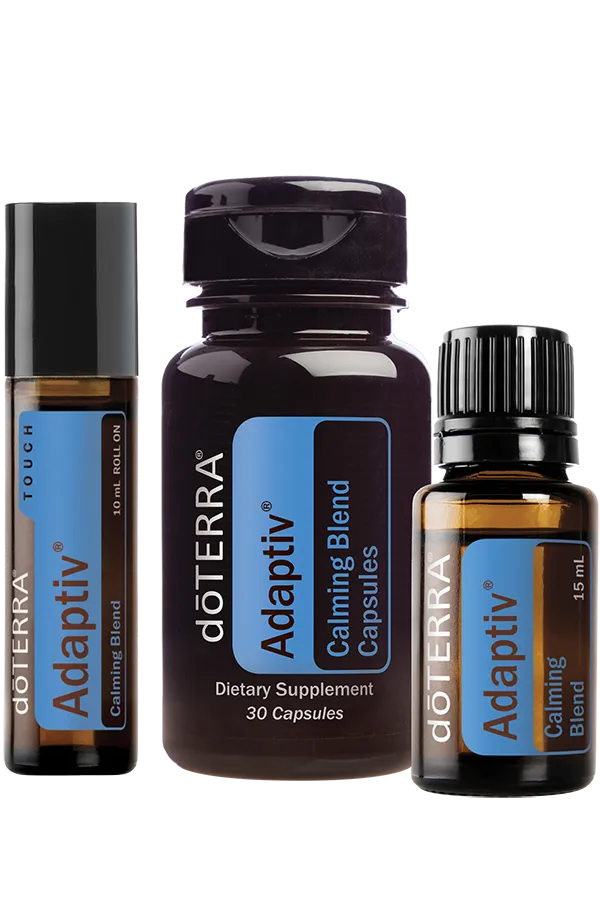(801) 645-5602
Essential Oils
& Brain Health
Research continues to show many health benefits of natural supports for good health, especially for the brain. Enjoy this compilation of some of the most interesting and exciting studies on the topic and their findings.
Improved Cognitive Function
Epigenetic Study shows brain age markers decreased by 7 years
This epiginetic study measuring blood markers of biological age, with participants using the 3-product Serenity Sleep System to support sleep, showed a significant decrease in brain age markers of up to 7.05 years. Significant decreases in immune, inflammatory and metabolic markers were also discovered.
The Sleep System supports healthy sleep aromatically, topically and internally and results show that time sleeping is crucial to brain function, as well as other vital aspects of health.
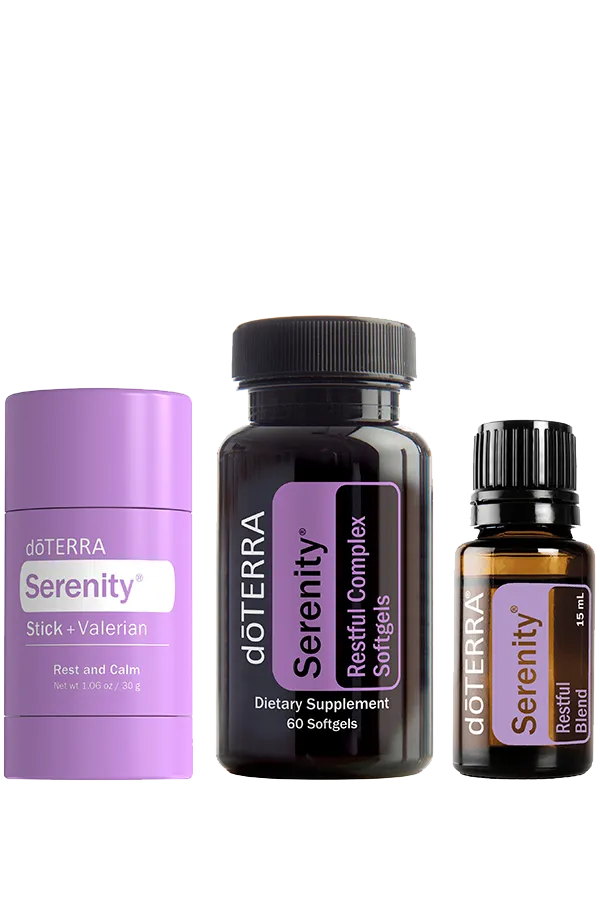
Inhaling Essential Oils During Sleep Tied to Dramatic Boost in Cognition
Diffusing essential oils while we sleep has been found to be extremely beneficial to memory. In this study, participants were exposed to one essential oil (from a diffuser) each night for 2 hours, rotating though 7 different essential oils: rose, orange, eucalyptus, lemon, peppermint, rosemary, and lavender. Results were very promising as memory improvement was found to be significant.
"In a small, randomized control trial researchers found that when cognitively normal individuals were exposed to the scent of an essential oil for 2 hours every night over 6 months, they experienced a 226% improvement in memory compared with a control group who received only a trace amount of the diffused scent.
In addition, functional magnetic resonance imaging (fMRI) showed that those in the enriched group had improved functioning of the left uncinate fasciculus, an area of the brain linked to memory and cognition, which typically declines with age."
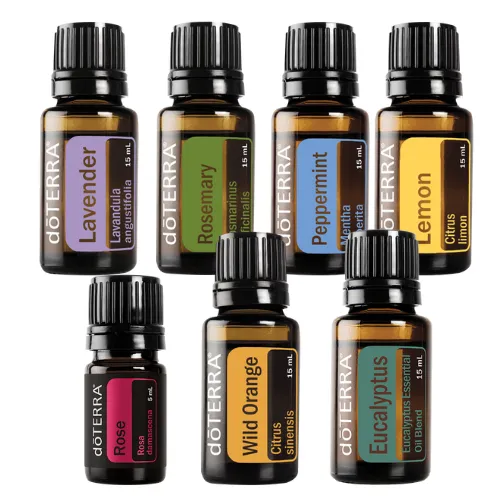
Omega-3 Fatty Acids are key to structure & function of the nervous system.
Omega 3 Fatty Acids are a topic with the 5th most published studies of any topic. Therefore much is known about how this nutrient, that is nearly missing in the U.S. diet, may increase longevity and so much more. According to this study,
"Omega-3 fatty acids play a seminal role in maintaining the structural and functional integrity of the nervous system. Dietary intake of essential poly unsaturated fatty acids (PUFA) such as eicosapentaenoic acid (EPA) and docosahexaenoic acid (DHA) are foundational to the optimal working of the nervous system. Besides regulating health, these biomolecules have great therapeutic value in treating several diseases, particularly nervous system diseases and disorders. Many recent studies conclusively demonstrated the beneficial effects of Omega-3 fatty acids in treating depression, neuropsychiatric disorders, neurodegenerative disorders, neurochemical disorders, and many other illnesses associated with the nervous system.
Gut health & brain connection
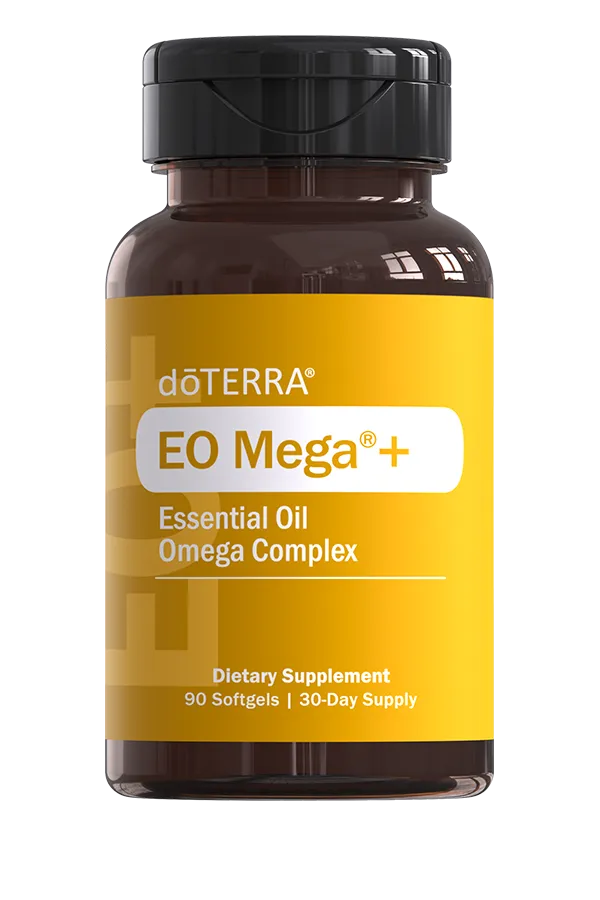
This fascinating study , Microbiome, probiotics and neurodegenerative diseases: deciphering the gut brain axis tells us that poor gut health may be a cause of the degeneration of nerve cells in the brain. "Evidence suggests that the gut microbiota, especially when in a state of dysbiosis, can influence neurological disease progress and even initiate disease onset [17]. There is also a growing realization that the reduced diversity in the aging gut microbiota may be a major factor in the development of neurodegeneration [18, 19]. ..... many of the early symptoms of neurodegenerative disease reside in the GIT [G.I Tract], suggesting that dysbiosis may even trigger neurodegenerative disease [30].
The study concludes that "The gut–brain axis encompasses several biochemical pathways that functionally link the health of the gut microbiota and the CNS (Fig. (Fig.2).2). Any imbalance in the commensal gut microbiota leads to aberrant endocrine, immunological and neuronal signals that ultimately harm neuronal development and aggravate the age-related symptoms of neurodegenerative disease....... Biotherapy using probiotics shows immense potential as therapeutic or prophylactic agents against neurodegenerative disease as they reinstate balance to the microbiota and the corresponding pathways that link microbial and host metabolism. The further development and characterization of the biochemical effects of probiotic consumption on people suffering from neurodegenerative disease needs to be investigated to fully elucidate the scope of probiotics for these debilitating diseases."
The most effective probiotics contain pre-, pro-, and postbiotics and bacteriophages to help restore microbial diversity and balance for optimal microbiome health and overall wellness.*
Peppermint Oil helps cognitive performance
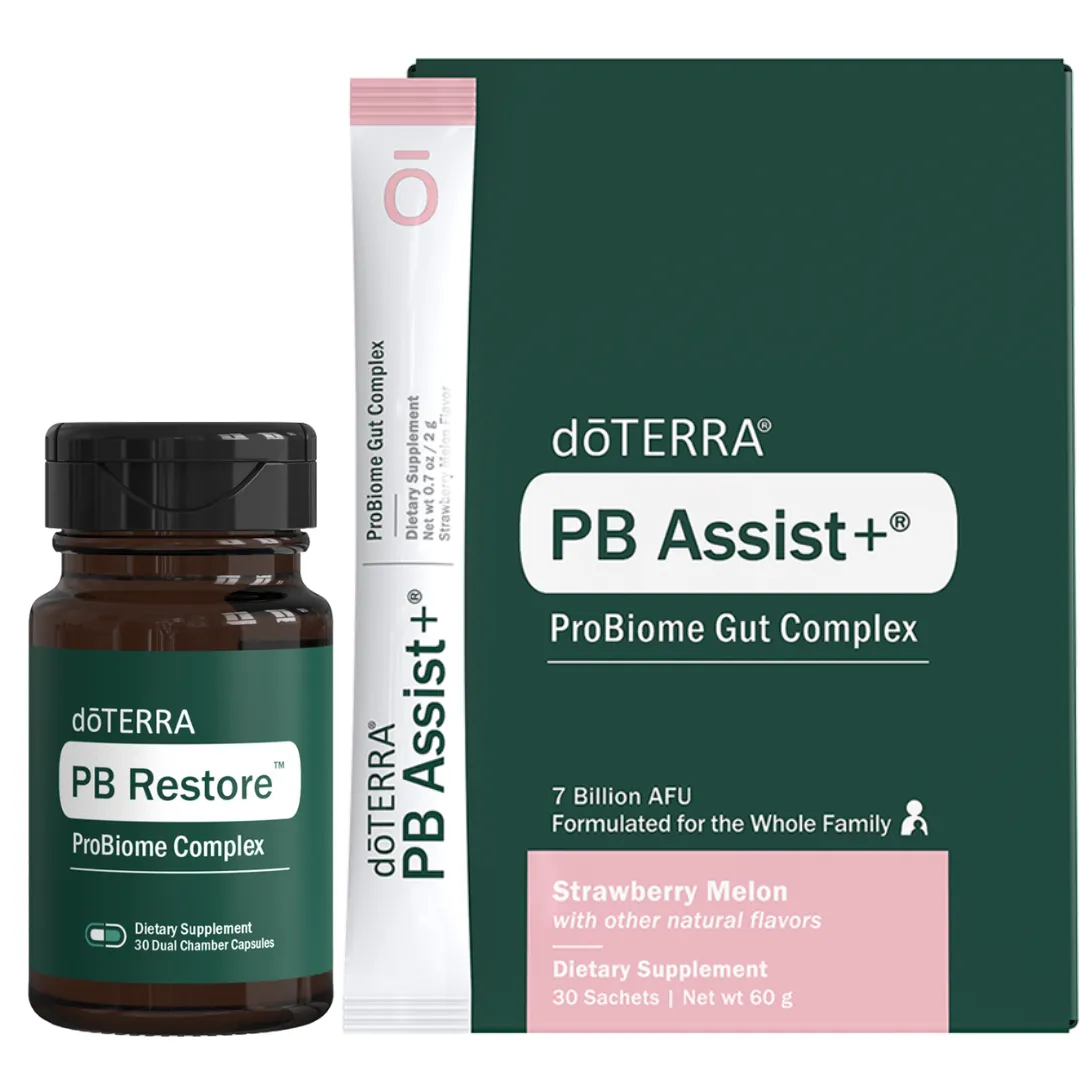
An exciting study, Volatile Terpenes and Brain Function: Investigation of the Cognitive and Mood Effects of Mentha × Piperita L. Essential Oil with In Vitro Properties Relevant to Central Nervous System Function, found that peppermint essential oil, having specific properties, helps with demanding cognitive tasks and lessened fatigue of extended cognitive testing, when taken internally in a capsules.
Memory Decline
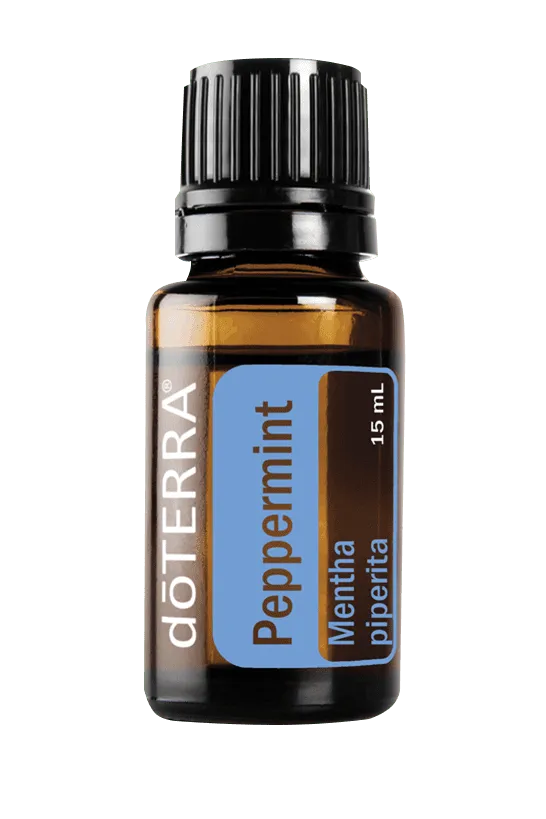
This study reviewed studies on essential oils and their affects on the brain and concluded that, "... EO's (essential oils) are effective on almost all currently known pathological targets of AD (alzheimers disease). EOs also possess neuroprotective, anti-aging potentials and are effective in dementia, epilepsy, anxiety and other neurological disorders. .... Anti-aging EOs will be more effective in the prevention of these neurological disorders. Special focus must be on the edible EOs... Special concern regarding the kinetic profile, route of administration and dose are important..."
"Moreover, rosemary EO are reported to stimulate the nervous system and thus perk up memory and concentration capacity. In a study, an improved performance was observed in a task due to the olfactory impact of rosemary EO with increase in overall quality of memory. The combination of EOs from R. officinalis and M. piperita [peppermint oil] were reported to augment the memory and activity level of mice and dogs. Rosemary EO.... also increases locomotor activity, motivate vigor, stimulate cerebral cortex, cause[s] mood relaxation and increase[s] alertness (Hongratanaworakit, 2009). All these biological properties signify its potential use in the management of neurodegenerative diseases including AD, senile dementia myasthenia gravis."
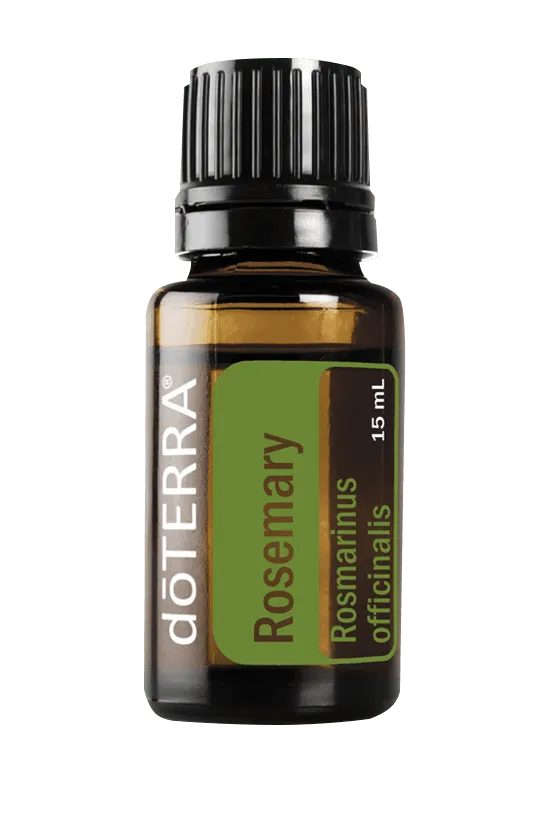
Basil & Nutmeg oils found to have anti-convulsant benefit
Noteworthy are 2 studies demonstrating that Basil and Nutmeg oils help with seizures.
The basil study (Oliveira et al.,2009) concluded that O. basilicum
essential oils possess anticonvulsant and CNS depressant potentials mediated via central GABAergic receptors. Wahab et al. (2009) reported the anticonvulsant efficiency of essential oil from Myristica fragrans Houtt. (nutmeg) using various animal models of seizures. He concluded, " ...nutmeg EO might be an effective remedy in the treatment of partial and grand mal seizures. However, it is not effective in myoclonic and absence seizures owing to its slight potentiating effects of clonic seizures."
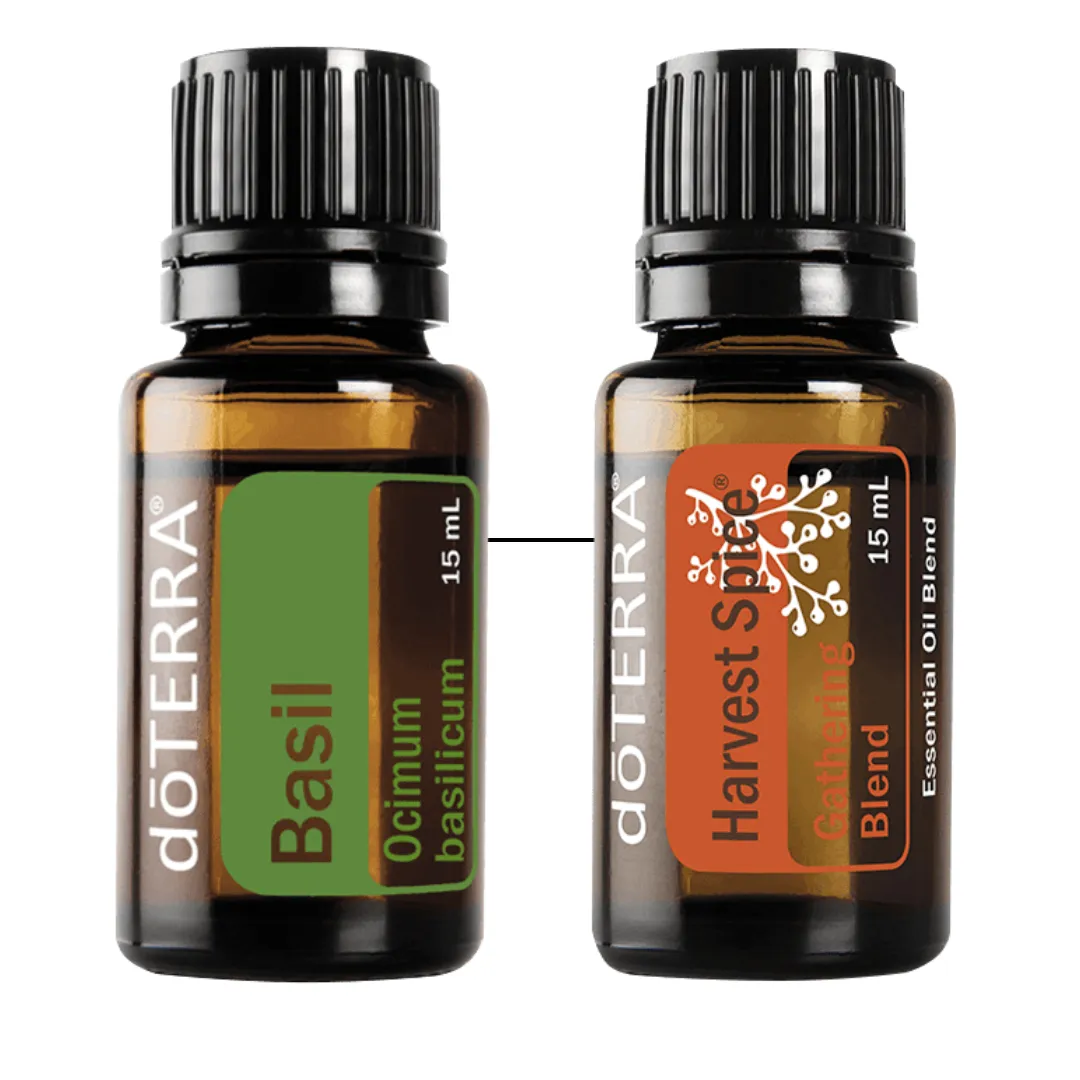
Improved Mood & Decreased Anxious Feelings
Essential oil constituents Linalool & B-Pinene benefit mood through familiar mechanism.
This study on linolool, a main constituent of lavender oil and B-Pinene, found in Frankincense oil demonstrated the following, "Our results indicate that linalool and
β-pinene produce an antidepressant-like effect through interaction with the monoaminergic system." The final conclusion identified the exact mechanisms by which linolool and B-Pinene work: "This study determined that the antidepressant-like effect of linalool and β-pinene occurs through interaction with the serotonergic pathway through postsynaptic 5-HT1A receptors. In addition, both monoterpenes interact with the adrenergic system through different receptors, the α2 for linalool, and β for β-pinene. Furthermore, β-pinene interacts with the dopaminergic systems through D1receptors; interestingly the mechanism of action of some of the most frequently prescribed antidepressant drugs."
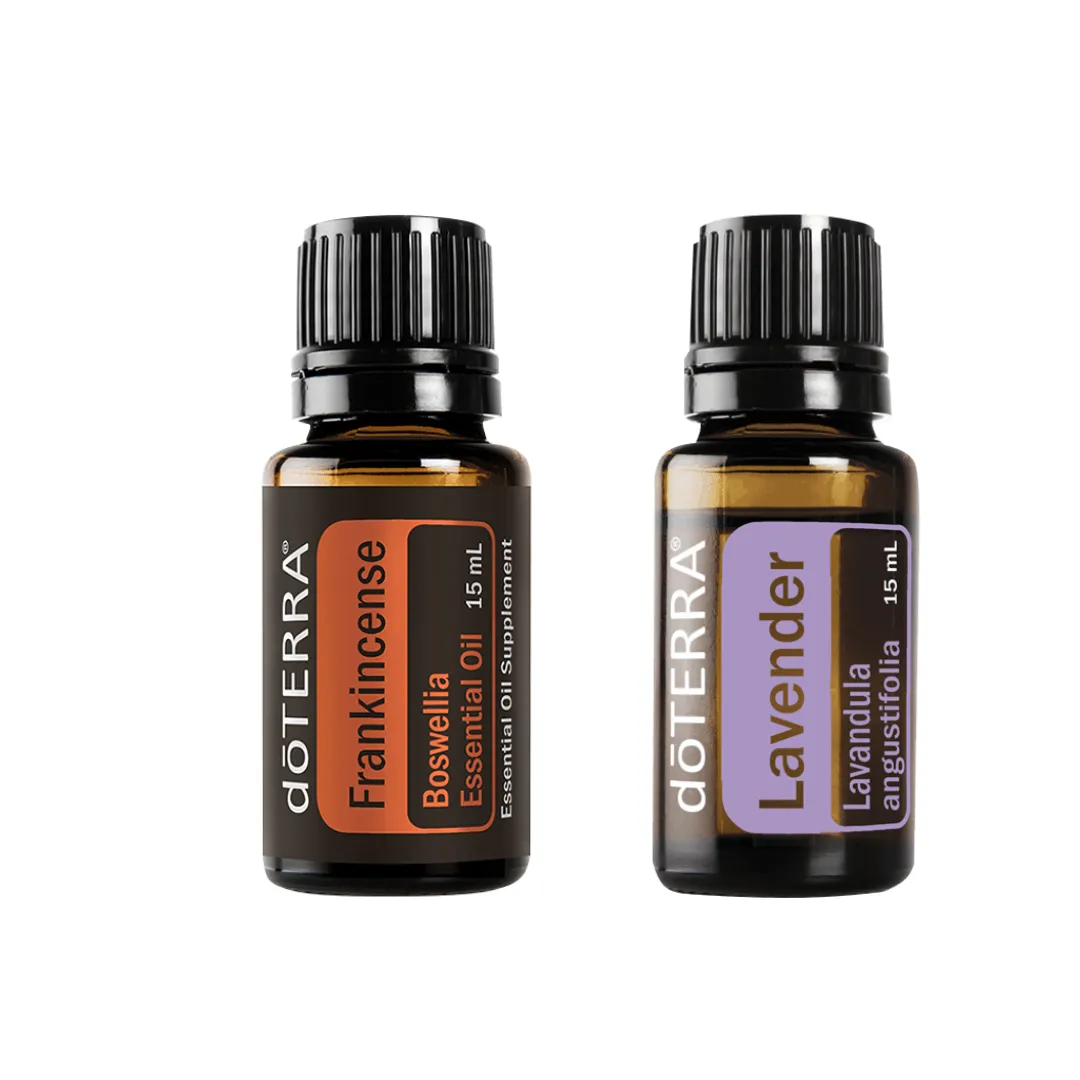
Bergamot oil reduces anxious feelings in patients awaiting outpatient surgery
This study showed reassuring results for those facing a surgery or other life factors that can induce anxious feelings. The findings showed that , "Regardless of previous surgical experience, patients exposed to bergamot essential oil aromatherapy were less anxious than controls. Aromatherapy may be a useful part of a holistic approach to reducing preoperative anxiety before ambulatory surgery."
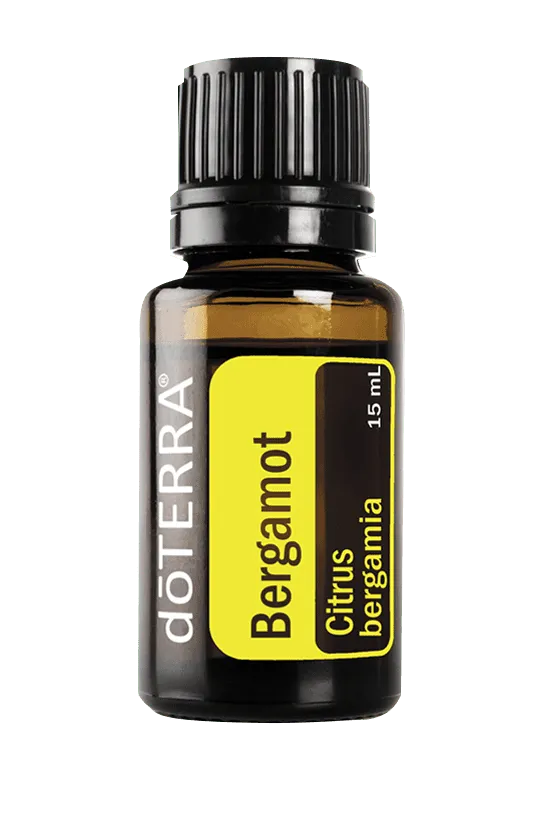
Orange essential oil calms women waiting in dentist office
Visiting the dentist is another occasion known for causing anxious feelings. The results of this study at a dental office indicate that exposure to diffused orange essential oil is calming, lowers anxiety and improves mood.
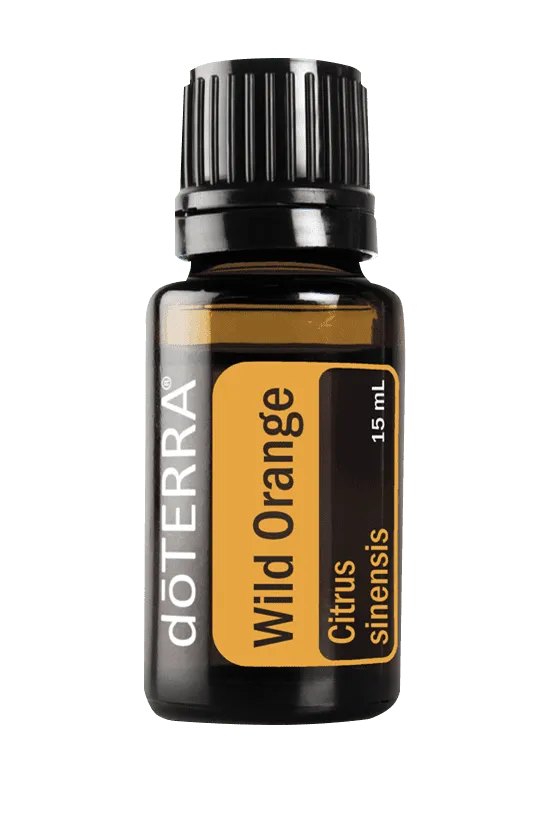
Stress Reduction
Extract of the Sceletium tortuosum plant reduces stress and supports improved cognitive function/ Gaba reduces stress levels.
Zembrin®†, a patented extract of the Sceletium tortuosum plant that was developed by a multi-national team of physicians and scientists, has been the focus of several published studies including three placebo-controlled human clinical studies . It was shown to decrease anxious feelings, enhance overall mood, and support improved cognitive function and long-term health.
Another study showed the natural amino acid Gaba also decreased stress levels: "In conclusion, our results indicate that even a very small amount of GABA-fortified oolong tea leads to a significant effect on acute stress levels reflected by the improved HRV measures."
Zembrin and Gaba, combined with the calming essential oils of lavender and wild orange and other botanicals can be found here in the Adaptiv Capsules. The oil blend alone, Adaptiv, without the added extracts that are in the capsules, has also been studied with great results for lowering stress. The Adaptiv system includes the capsules, roller for topical use, and oil for diffusing.
